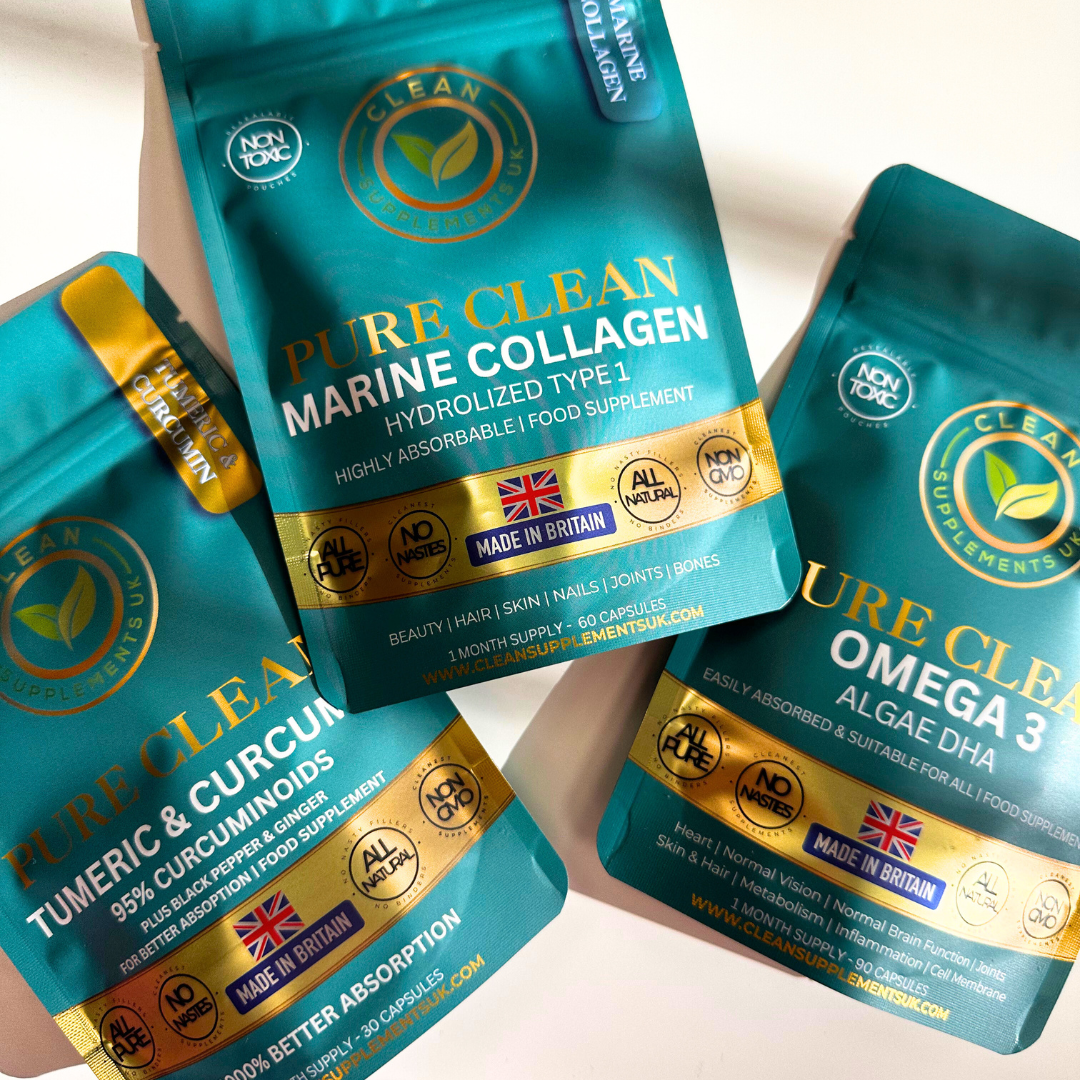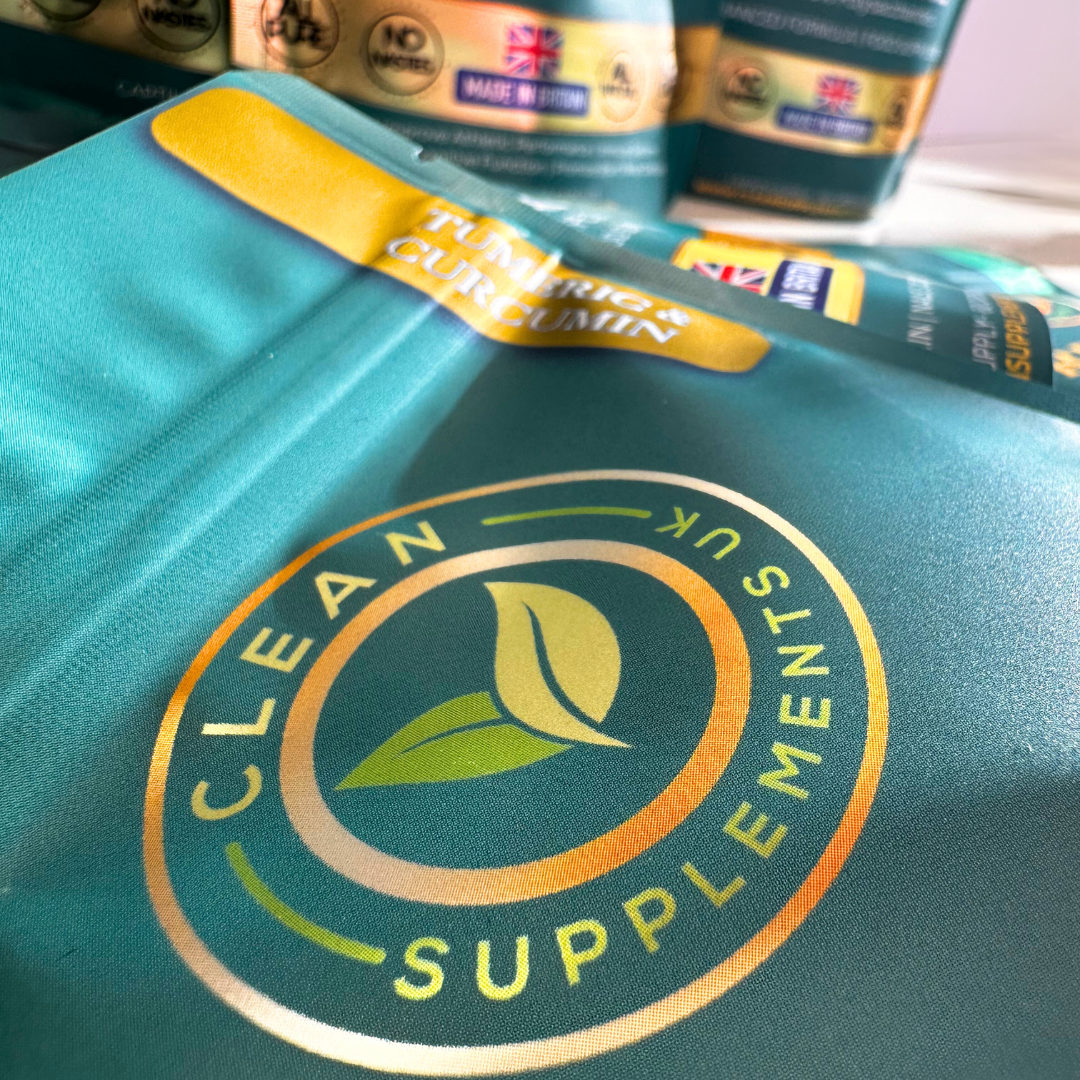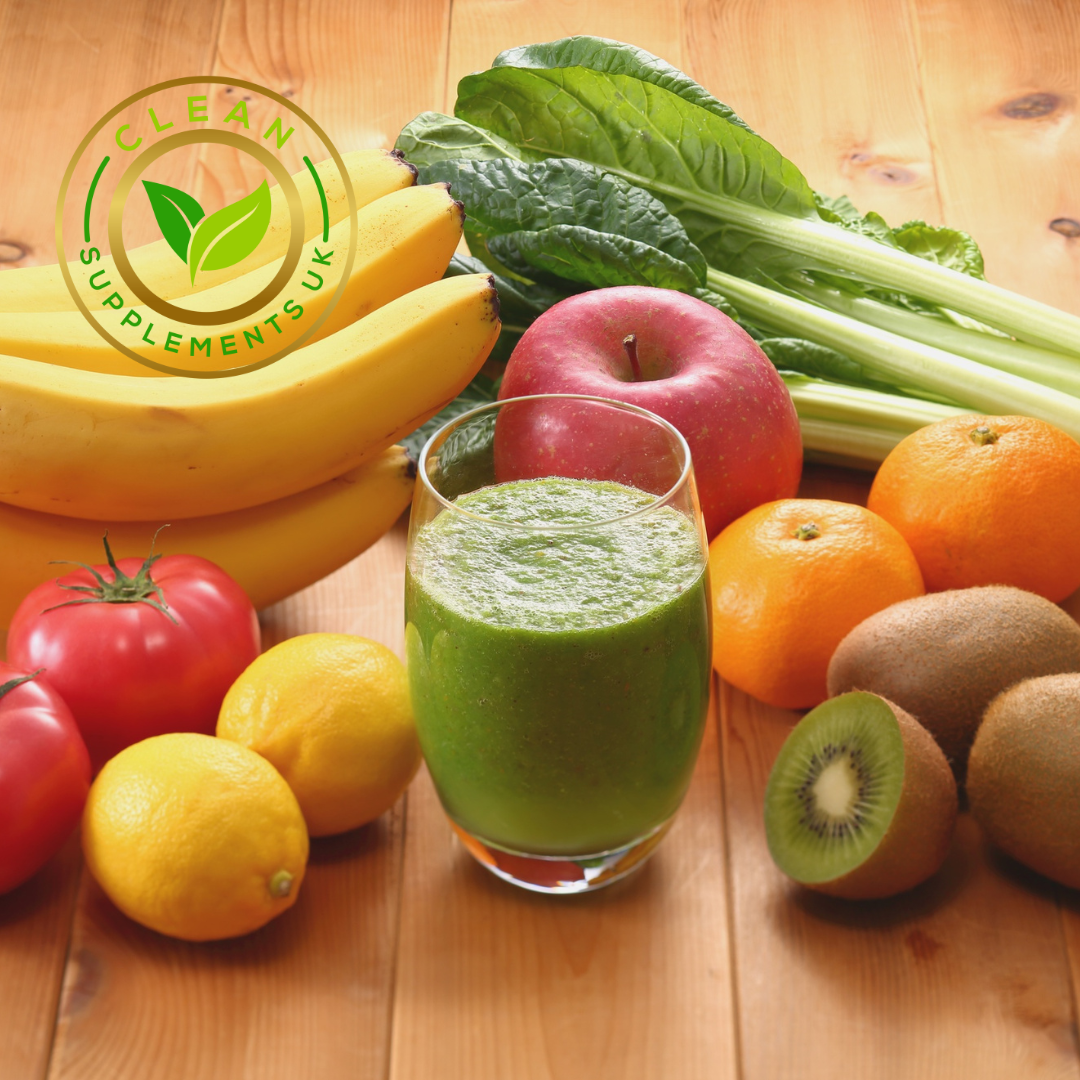Eating Well But Still Missing Out?
Many people believe that a balanced diet should provide all the nutrients the body needs. While eating whole, nutrient-dense foods is the foundation of good health, modern lifestyles, food production methods, and individual needs often mean that even the healthiest eaters may still benefit from supplementation.
The Decline in Soil Nutrients
One of the biggest reasons food today is less nutrient-dense than it once was is soil depletion. Intensive farming and modern agricultural practices have stripped soil of essential minerals like magnesium, selenium, and zinc. As a result, fruits, vegetables, and grains grown today contain significantly lower nutrient levels than they did decades ago.
The Impact of Food Processing
Even whole foods can lose nutrients through modern processing, storage, and cooking methods. Washing, peeling, boiling, and refining foods can strip away important vitamins and minerals. For example:
-
Grains lose B vitamins and fiber when refined into white flour.
-
Heat-sensitive vitamins like Vitamin C degrade quickly during cooking and storage.
-
Pre-washed vegetables may lose minerals through excessive rinsing.
Increased Nutrient Demands in Modern Life
Many aspects of modern life create higher demands for essential nutrients:
-
Stress & Busy Lifestyles: Stress depletes magnesium, B vitamins, and Vitamin C faster than the body can replenish them.
-
Environmental Toxins: Exposure to pollution and chemicals increases the need for antioxidants like Vitamin E, Vitamin C, and Selenium.
-
Aging: As we age, nutrient absorption declines, particularly for B12, Vitamin D, and calcium.
-
Special Diets: Vegetarian, vegan, and gluten-free diets may lack key nutrients like iron, Omega-3s, and Vitamin B12.
Nutrients That Many People Struggle to Get Enough Of
Even with a well-balanced diet, certain nutrients are commonly under-consumed:
-
Vitamin D: Found mainly in fatty fish and sunlight exposure, many people don’t get enough, particularly in colder climates.
-
Magnesium: Depleted soils and processed foods mean that many individuals don’t consume enough for optimal muscle and nerve function.
-
Omega-3 Fatty Acids: Mostly found in fish, many people don’t eat enough to support brain, heart, and joint health.
-
Iron: Particularly important for women, iron from plant-based sources is harder to absorb than from animal products.
-
B Vitamins: Needed for energy production and nervous system health, they can be easily depleted by stress and refined foods.
The Role of High-Quality Supplements
Supplements should never replace a nutritious diet, but they can act as an insurance policy to fill in the gaps. Choosing high-quality, clean supplements free from unnecessary fillers and additives ensures the body receives optimal support without unwanted chemicals.
Finding the Right Supplements for Your Needs
Not everyone needs the same supplements, but assessing lifestyle factors, diet, and health goals can help determine where extra support may be beneficial. Clean Supplements UK offers high-quality, filler-free supplements designed to bridge these nutritional gaps and support lifelong health.
Conclusion: A Healthy Diet + Smart Supplementation = Optimal Well-Being
Eating a whole, nutrient-rich diet is key to good health, but supplementation can help counteract nutrient depletion, lifestyle stressors, and individual needs. By combining a well-rounded diet with high-quality supplements, you can support your body’s optimal function and long-term wellness.
Explore our range of clean, effective supplements today and give your body the complete nutrition it needs.









